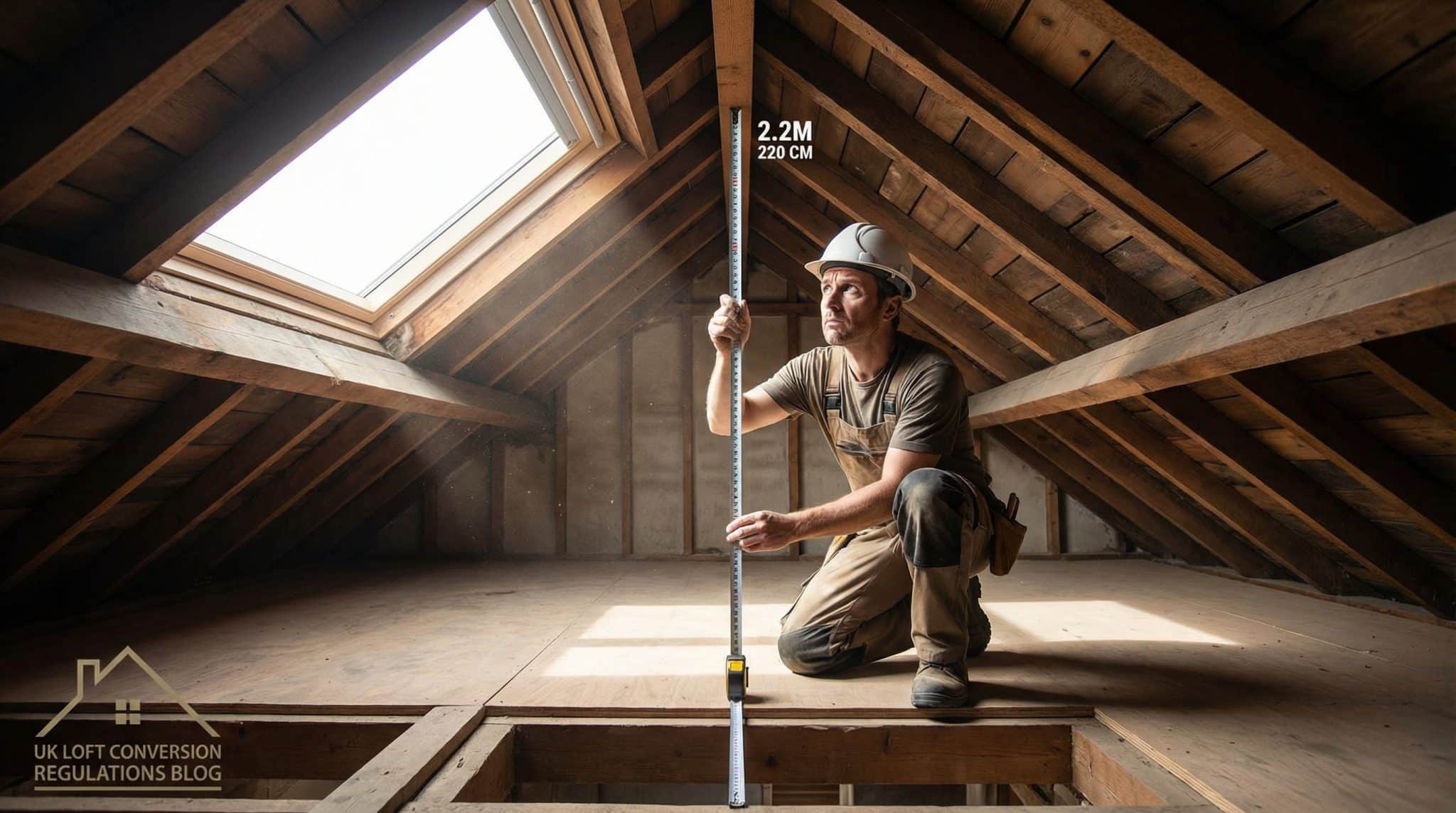Can you imagine renting without fear of sudden eviction?
The Renters’ Rights Bill 2025 could make this possible for millions across the UK.
This new law tackles the biggest problems renters face today, like unfair evictions, poor housing conditions, and limited tenant rights.
The bill brings significant changes to rental agreements, stronger protections, and new property standards.
Both tenants and landlords need clear information about what’s coming. I’ve created this guide to cover all the essential points about these reforms.
One of the most significant reforms will give renters stronger security by removing sudden, unexplained evictions from the market.
Let me show you precisely what the bill means and how to prepare for its implementation.
What Is the Renters’ Rights Bill?
The Renters’ Rights Bill, introduced on September 11, 2024, represents a major overhaul of England’s private rental sector, with possible implications for the entire UK.
This legislation replaces the previous Renters (Reform) Bill, which stalled without achieving its goals.
Key Features and Significance
- Core Systems: Introduces a nationwide Private Rented Sector Database to track all lettings and a dedicated ombudsman to oversee disputes between landlords and tenants.
- Beyond Previous Laws: Goes further than the Tenant Fees Act 2019, which only eliminated certain charges. This bill completely restructures tenancy agreements and tackles widespread eviction problems.
- Scale of Change: Impacts 4.6 million households who rent privately, responding to years of campaigns by housing charities like Shelter.
The renters’ reform bill addresses fundamental problems in the rental market. Many tenants face sudden evictions, dangerous living conditions, and unfair treatment from landlords.
This comprehensive legislation promises real solutions through sweeping changes to rental regulations and enforcement mechanisms.
Why Has This Bill Become so Important Now?
The UK housing crisis made this bill essential. Average monthly rents hit £1,347 in 2025, while wages stayed flat. Many families now spend over half their income on housing.
No-fault evictions caused chaos in 2024. Landlords removed 26,000 households without giving reasons. Families lost homes suddenly, forcing children to change schools and workers to leave their jobs.
Substandard homes have triggered health crises, with unsafe temperatures, damp, and mould putting thousands at risk. Some cases ended tragically, pushing politicians to act quickly.
Labour won the 2024 election, promising rental reform. The Renters Reform Coalition, representing 20% of UK households, kept pressure high.
After the renter’s reform bill was delayed under the previous leadership, the new government moved fast.
Public anger about rental problems reached a tipping point. Years of rising costs, sudden evictions, and dangerous conditions demanded action. This bill responds to those urgent needs.
What Are the Main Aims and Purpose of The Bill?
The Renters’ Rights Bill introduces comprehensive reforms to protect tenants while establishing clear standards and accountability for landlords across England’s private rental sector.

Core changes include switching from fixed contracts to ongoing tenancies. This gives renters stability while allowing them to leave with proper notice when needed.
Every rental home must meet legal quality standards. Properties need safe structures, working heating, and timely repairs to protect tenant health.
New systems enforce these rules effectively. A national database tracks all landlords, while an ombudsman handles disputes without expensive court battles. Both parties know exactly what’s expected of them.
Latest Updates and Current Status of The Bill
As of now, the Renters’ Rights Bill continues moving through Parliament’s final stages. The House of Lords finished their review on July 21, 2025, and now it’s back with the Commons.
| Stage | Details |
|---|---|
| Lords Progress | Report Stage ended July 15, 2025; Third Reading completed on July 21, 2025 |
| Current Status | Commons reviews Lords’ amendments starting September 8, 2025 |
| Royal Assent | Expected by late September 2025, before conference recess |
| Implementation | First phase begins early 2026; full enforcement by mid-2026 |
Recent changes addressed two specific areas. Pet deposit rules have more straightforward guidelines. Student housing received special protections.
Some worries remain. Councils need money for enforcement, and landlords fear that the delayed renters’ reform bill might reduce the rental supply. The government promises proper support for smooth implementation.
Significant Changes: What’s New for Rental Agreements?
The bill completely changes how rental agreements work in England. These reforms give tenants more flexibility while keeping legitimate options for landlords.
1. No-Fault Evictions End
The bill abolishes Section 21 notices, meaning landlords must now present legitimate, legally recognised reasons before reclaiming their property. This change affects every rental property in the private sector.
No more living in fear of sudden eviction notices arriving at your door. Tenants gain genuine security, knowing they can’t be removed on a landlord’s whim.
2. New Tenancy Structure
All rentals become periodic (rolling) contracts instead of fixed-term. These continue month-to-month indefinitely. Tenants can leave anytime with two months’ notice, but are not trapped or paying exit fees.
Current fixed-term tenancies automatically convert within 12 months after Royal Assent. The switch happens smoothly without new paperwork needed.
3. Landlord Rights Remain
Section 8 grounds expand to cover legitimate needs. Landlords can still reclaim properties for valid reasons like selling, moving in themselves, or tenant breaches.
Each reason requires a different notice period; some need two months, others just two weeks. Courts sift through evidence before granting possession.
4. Added Protection
For their first two years in a tenancy, renters will be shielded from landlord-initiated moves that aren’t due to tenant faults, such as selling the property or undertaking major renovations.
After two years, standard Section 8 grounds apply normally. The system prevents landlords from bypassing the no-fault eviction ban through other means.
What Rights and Protections Will Tenants Gain?

Tenants receive significant new protections under this bill. The changes address long-standing problems in the rental market.
- Section 8 evictions require more extended notice periods for tenants.
- Landlords cannot discriminate against benefit recipients or families anymore.
- Tenants can request pets without facing automatic landlord refusals.
- Decent Homes Standard ensures safe properties with timely repairs.
A centralised dispute resolution body will now address tenant complaints quickly and without the burden of legal fees. These protections create safer, fairer rental experiences across England.
New Landlord Obligations Under the Renters Rights Bill
Landlords must meet strict new requirements to stay in business. The rules aim to raise standards across the sector
Every landlord must register with the PRS Database. Non-compliance brings £7,000 fines, rising to £40,000 for repeat offenses.
Operating requirements:
- All landlords must join approved ombudsman schemes for disputes.
- Properties must meet the Decent Homes Standard and Awaab’s Law.
- Rent increases are limited to once a year through Section 13.
- Serious breaches bring compensation orders up to £25,000 maximum.
These changes may strain smaller landlords financially. Many will need support adapting to higher standards and costs.
What Happens If Disputes or Problems Arise?
The bill lays out transparent processes for resolving rental problems quickly and affordably. By reducing reliance on lengthy court cases, the system becomes more effective for both tenants and landlords.
Issues that might once have taken months or even years can now be handled in a fraction of the time.
|
How exactly will disputes be handled under the new system? Conflicts over repairs, deposits, or tenancy breaches will be taken to an independent ombudsman. This service aims to deliver legally binding decisions within about three months, saving both sides stress and expense. Rent-related disputes will go to the First-tier Tribunal, which can hear cases about unfair increases or illegal landlord actions. |
Local councils will enforce the new rules using stronger powers from the PRS database. They can investigate complaints, issue fines, and prosecute serious violations to ensure compliance.
The ombudsman, tribunal, and councils work together as an enforcement network. This system resolves most problems quickly and fairly without expensive legal costs for either party.
Final Thoughts
The Renters’ Rights Bill 2025 delivers concrete solutions through practical mechanisms like database registration and ombudsman services.
These tools create accountability, which is currently missing from today’s rental market. While small landlords face adjustment costs, professional standards benefit everyone long-term.
Tenant advocacy groups achieved meaningful victories after decades of campaigning. The renter’s reform bill, delayed through multiple governments, finally provides real change.
Power dynamics shift toward balance rather than favoring one side. Success now depends on proper funding and enforcement.
Both parties must adapt to new responsibilities, but the framework supports fair dealings. This legislation sets precedents for rental markets beyond England.
How do you plan to prepare for these rental law changes? Share your thoughts and questions below.
Frequently Asked Questions
Can My Landlord Sell the House I’m Renting in The UK?
Yes, but your tenancy continues unchanged. The new owner becomes your landlord with identical terms, rent, and agreement length remaining valid.
Why Do Landlords Limit Pets?
Landlords face liability risks from aggressive animals. Many restrict certain breeds or sizes to avoid legal problems and property damage concerns.
How Much Is the Average Rent Increase in The UK?
UK rents rose 9.0% yearly by December 2024. England averaged £1,369, Wales £777, and Scotland £991 per month.














